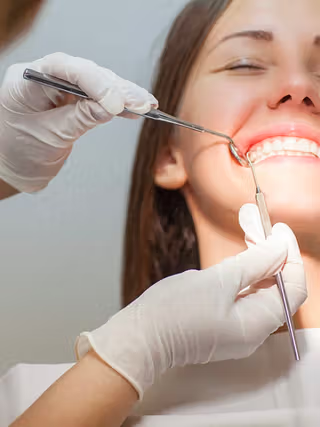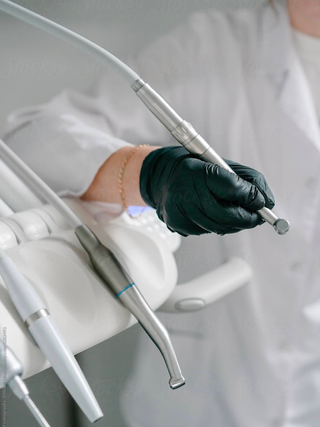
The quality care you deserve
With over 80 locations across Australia, the quality care you deserve is never far away.
Why National Dental Care
At National Dental Care, we’re all about delivering the best dental care to each and every patient. From improving your oral health to transforming your smile with teeth whitening, dental implants or a complete smile makeover, we’ll help you achieve your dental goals.
Experienced dental teams you can trust.
A personal approach that’s focused on you.
The latest in advanced dental technology and equipment.
Health funds
We are proud to accept all major health fund providers across Australia, and with all of our practices offering HICAPS facilities, you can claim your rebate on the same day as your treatment.
We are preferred providers for:
Payment Plans
Love the way you pay. We understand that some dental treatments can be costly and leave you out of pocket.
National Dental Care offers a variety of payment plans that can help alleviate some of these stresses, helping you get the treatment you need and the smile you deserve… today!
Introducing SmileFund
National Dental Care’s exclusive, up-to 18-months, interest-free payment plan. We can support you with any unexpected, or unbudgeted dental treatment that may require urgent attention.
About us
We offer an extensive range of treatments and services for the whole family, ranging from your regular check-ups to more individual dentistry concerns.








.svg)
.svg)
.svg)
.svg)
.svg)
.svg)
.svg)
.svg)
.svg)
.svg)
.svg)
.svg)
.svg)
.svg)
.svg)
.svg)
.svg)